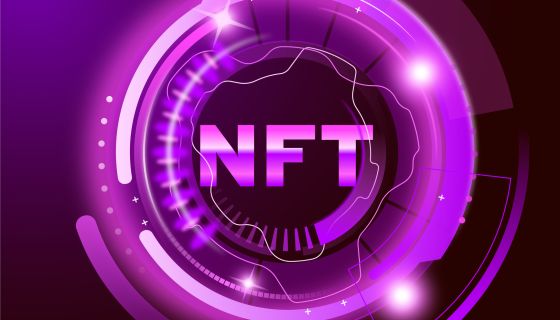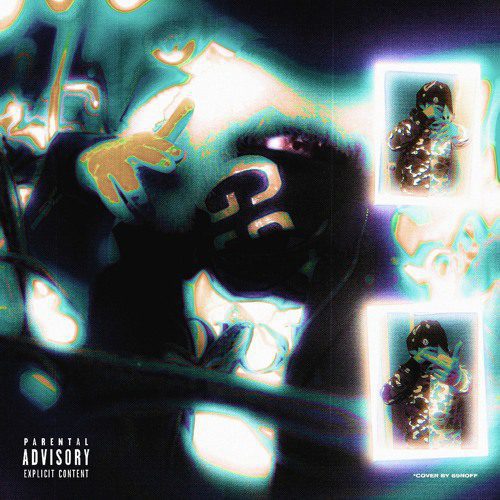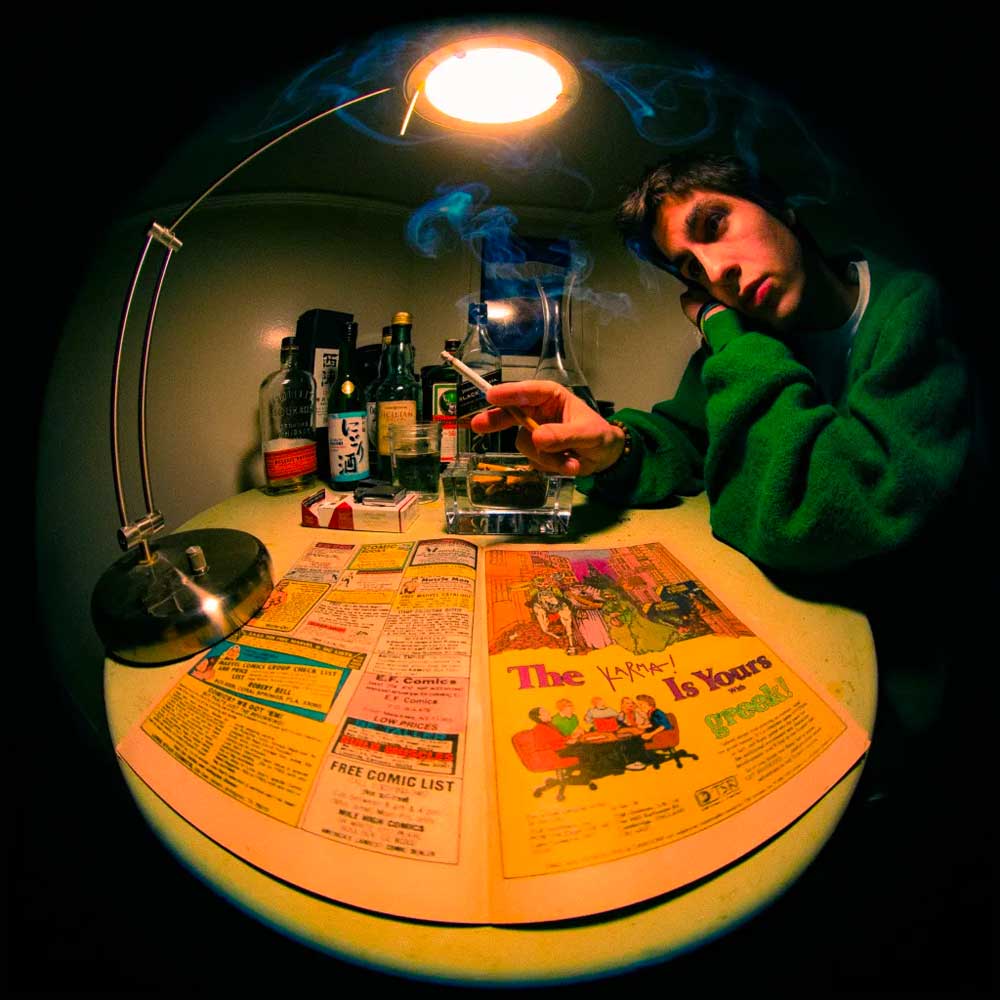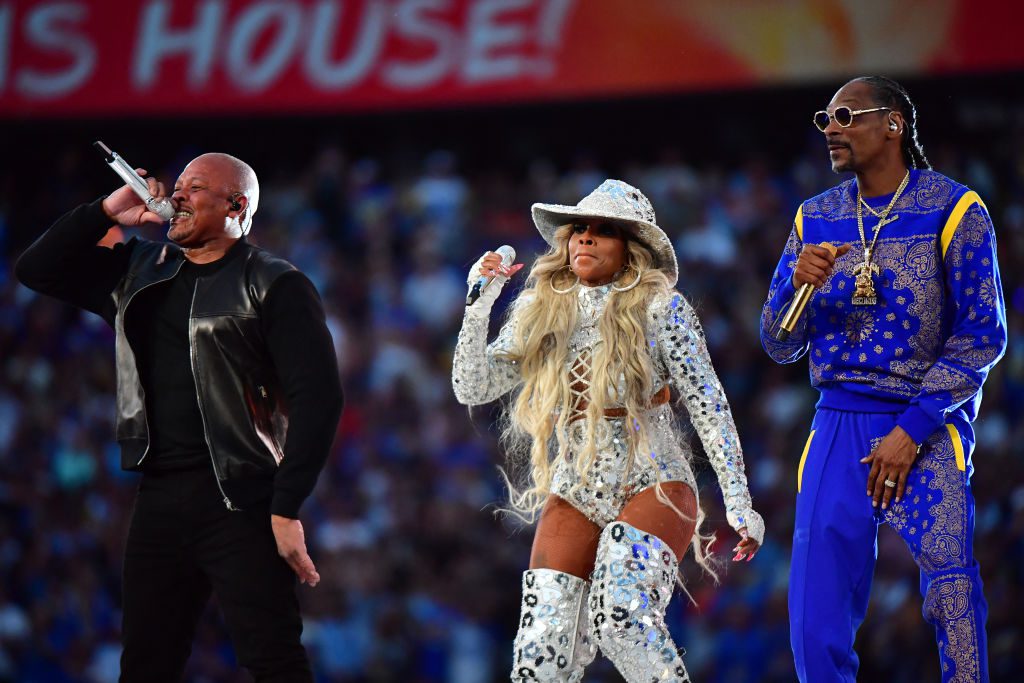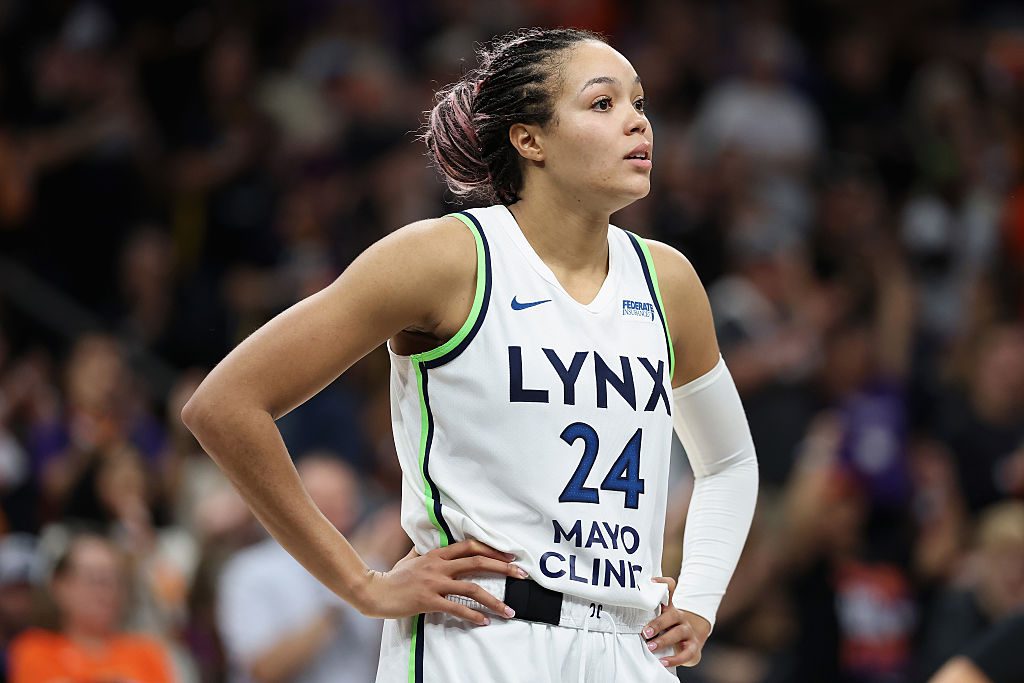
Source: merovingian / Getty
The world has revolutionized technology and the way that people continue to make money is ever-changing. By now, many of us have heard of NFTs, but most people have no idea what a non-fungible token is and how to profit from the growing industry. Discover more about the NFT marketplace, trends, controversies and how little known artists are still finding ways to profit.
WTF is an NFT?
NFT stands for non-fungible token. It is a digital token that’s a form of cryptocurrency, similar to Bitcoin or Ethereal. Unlike a standard coin in the Bitcoin blockchain, an NFT is an individual token that cannot be exchanged like for like. Essentially, an NFT has become more valuable than the more notable crypto wins because the file stores extra information, which elevates it above pure currency.
So, in layman’s terms, any digital creator can collect coins from their art on and offline. Now, visual art from gifs, graphics and memes have value beyond its’ virality.
How do NFTs work?
NFTs are part of the Ethereum blockchain. NFTs are individual tokens with extra information stored in them. That additional information is what makes them so significant to this new marketplace. The information stored allows them to take the form of art, music, video (and so on), in the form of JPGS, MP3s, videos, GIFs and more.
Creators, especially photographers and videographers, have been trying to find a way to track their work online and gain value from their work being used across the Internet, potentially going viral. Now, with NFTs, the work can be bought and sold just like other forms of art. As with physical art, the value is set by the market and its demand.
WTF are the Trends?
NFTs are reviving the digital art industry:
According to Forkast, NFTs enable artists to sell their art directly to their fans, in the peer-to-peer fashion envisioned by Bitcoin’s whitepaper. These tokens also introduce new monetization options, like offering fractionalized NFTs, or selling an NFT of a work in progress, which gives fans a stake in the future success of the artwork. Applying smart contracts to NFTs can also create additional revenue sources, enabling artists to reap the profit from royalty payments and secondary sales of their artwork.
Some of 2021’s most notable acquisitions of digital art NFTs include the US$17 million sale of Pak’s “The Fungible” and the US$3 million sale of Andy Warhol’s “Machine Made.” But NFTs can also be used to tokenize both tangible and intangible assets.
Artists like Blue (@bluethegreat) sold their first NFTs last year. The talented artist sold his piece “Alchemist” at 12.15ETH via @opensea auction, which resorted in a bidding war.
NFT avatar casting:
The advantage of NFTs over traditional IP creation is that you can own a piece of a wider brand, and make money from it. NFTs such as Bored Ape Yacht Club and StereoheadZ enable users to mint their own art for the group, bringing a new sense of creativity to a community of artists, animators and musicians.
NFTs enable social perks and new subscription models:
One of NFTs most attractive attributes is programmability, allowing companies to offer users a wide range of utility. Companies are using NFTs to create new subscription models and online social perks.
Time magazine is leading the way among traditional publishing companies in experimenting with NFTs as alternative digital subscription models. Their new initiative, TIMEPieces, offers NFTs from 40 distinct artists and makes the owner a community member as well. TIMEPieces functions as an alternative to Time’s digital subscription, unlocking all content for NFT holders and giving them access to exclusive digital experiences and events.
NFTs are transforming play-to-earn gaming:
NFTs are making blockchain-based, crypto-powered play-to-earn gaming a tangible reality. NFTs open a new chapter in gaming history, marking the first time that players are truly the owners of their assets, which they can sell for a profit on NFT marketplaces.
According to Forkast, Axie Infinity was one of the most popular games of 2021, leveraging both NFTs and cryptocurrency. In August 2021, Axie Infinity’s NFT market topped the US$1 billion trading volume, as the daily active player count also surged past 1 million shortly before.
NFTs create fundraising opportunities for charities:
Charity organizations are getting in on the NFT action as well. NFTs can help set up charity initiatives in a decentralized, online manner with less overhead compared to classical auctions.
The ImpactNFT Exhibition in Hong Kong is showcasing NFTs for good. The showcased digital artworks were constructed around 17 sustainable development goals of the United Nations, inviting collectors to admire and purchase NFTs to raise awareness.
WTF is the Controversy
With all progressive, great things, come controversy. The world of NFTs seemed to be a great space for emerging artists to breakthrough despite a massive following on social media. However, now it appears some of the groundwork laid out by underground artists in the NFT space is being clouded by celebrity influence.
Bored Ape Yacht Club
Many social media users are discussing one of the more popular NFT brands, Bored Ape Yacht Club. Fans may have noticed people changing their social media avatars to various customized monkeys.
The Bored Ape Yacht Club is a collection of 10000 unique Bored Ape NFTs— unique digital collectibles living on the Ethereum blockchain. Some of these NFTs are worth up to $400,000.
Celebrities like Paris Hilton and talk show host Jimmy Fallon share their custom Bored Ape NFTs on the syndicated late night show, helping the brand grow even more.
Now, users are discovering the racial innuendoes behind the popular brand of NFTs. Check out the thread below:
There are holes in the system:
While there is room for abundance and hype around NFTs, there is a group of skeptics who question the cult-like following its garnered. Dan Olson of Folding Ideas is one of them, and in a two hour deep-dive video, he argues the entire NFT system is reliant on hype, optimism, and the potential for new investors.
The most recent controversy arose in relation to the platform’s free minting tool. At first, the free minting tool was available to users without any restrictions, and then in late January of this year, OpenSea suddenly introduced a limit of five collections and 50 items per collection made.
In response to the backlash, OpenSea reversed their decision and undid the limit just one day later. The platform revealed why they had introduced the limit in the first place: wide misuse and fraud. Essentially, after the introduction of the free minting tool, OpenSea observed that more than 80% of the items created using the feature were plagiarised works, sham collections, and spam.
Since the reversal of their decision to introduce a cap, it is unclear how OpenSea plans to address the broad misuse of the feature, which then raises questions of viability and integrity.
WTF can I do to get in
If after reading this you’re still curious about how to get your coins, keep reading.
Young and emerging artists are still benefitting from the growing industry. One woman went from ten dollars in her bank account to $40,000. People are profiting serious money with NFT marketplaces, but we are unsure of how long this might last.
Our advice: Hop in NOW! Create your art, find a platform like OpenSea and begin selling. Promote your NFT collection in the various NFT Twitter Spaces that are currently being held across the platform.


